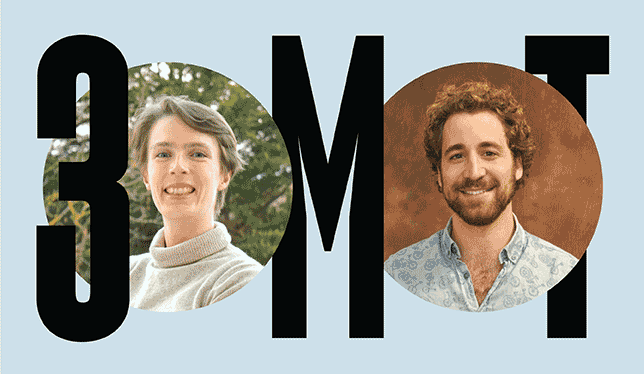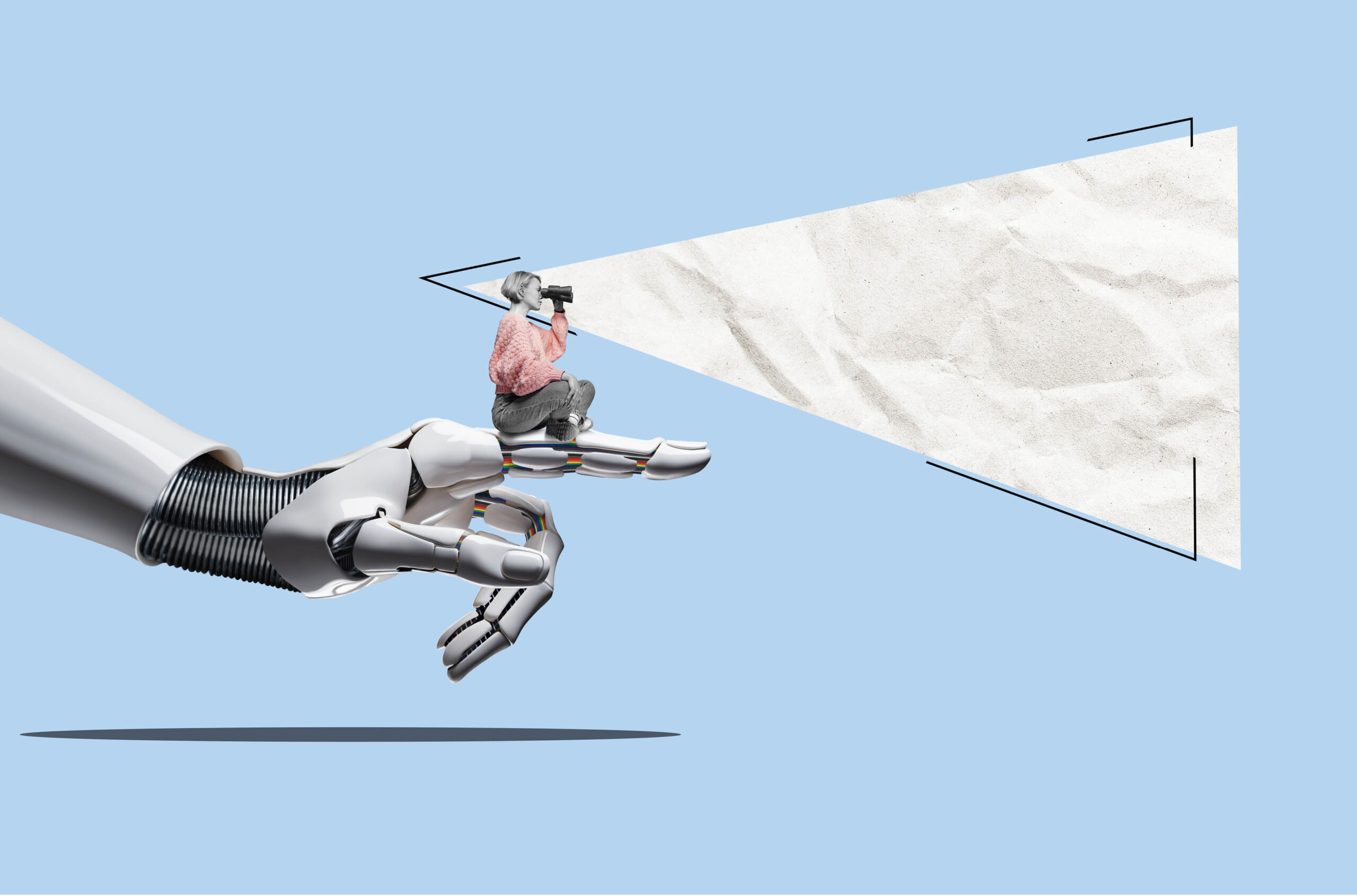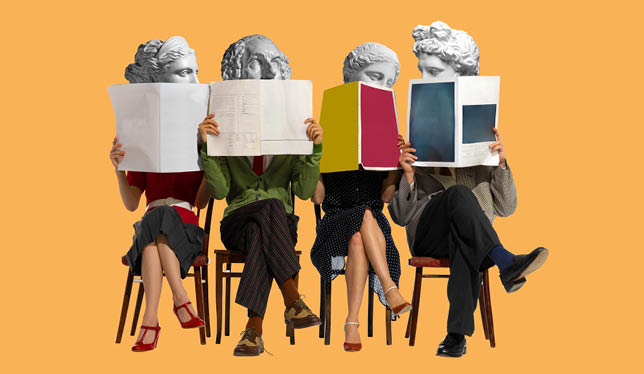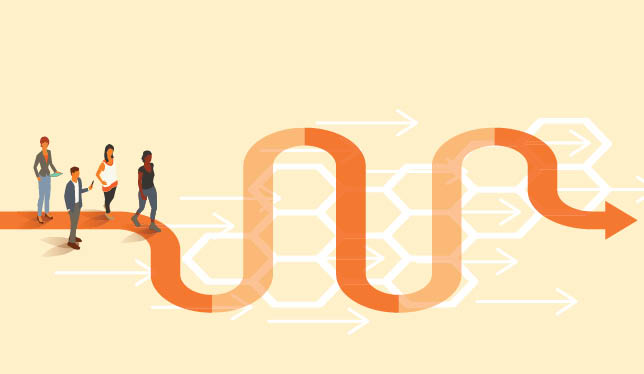Showing your graduate student research to the world, during a pandemic
An interview with winners of McGill University’s Three Minute Thesis and Ma thèse en 180 secondes competitions.

The Three Minute Thesis (3MT) and Ma thèse en 180 secondes (MT180) are global competitions. 3MT was founded by the University of Queensland in 2008, while MT180 was founded in Canada in 2012 and became an international initiative in 2014. The competitions cultivate graduate students’ academic, presentation and research communication skills. Graduate students must engage and convey the complexities of their thesis work to a diverse, live audience of non-experts, with only three minutes and a single slide.
In a year like no other for postsecondary education, McGill University’s 3MT/MT180 competitions and training were required to move online. The conditions of the pandemic and the remote context created both new challenges and new opportunities for this year’s competition candidates.
I spoke with the first-place winners of the 3MT and MT180 competitions, mechanical engineering PhD student Trevor Cotter, , and physics PhD student Auriane Canesse, about their journeys.
Learn to understand what drives you, and harness it
One day, you might be asked to answer the question “what motivates you?” during a job interview. Understanding this will not only give insights into your personality, but also your self-awareness. Knowing what drives you, and using this to your own benefit, is an important skill.
For Auriane, her motivation for participating in MT180 was the desire to fill a gap that she felt existed among candidates of similar research competitions. For her, making the topic of physics relatable and accessible – especially to the Francophone population in Quebec – was a major motivator for participation. She explained how the competition was also a lower-stress environment for learning and for potentially making mistakes, unlike when defending one’s thesis, which could be much more demanding and difficult.
For Trevor, 3MT was a way to be in a more honest environment, that was different than being in a lab or at home. In the new, virtual context of the time, an online competition allowed him to be interactive and communicative in ways that were normally rare or simply unavailable. He also saw an opportunity to participate in something he articulated as very important but uncommon in most regular graduate experiences: talking to a non-scientific audience about his work.
Start small and repeat
Starting small and using repetition is probably one of the most common pieces of advice about learning to build new, healthy habits. Authors like Stacy M. Peterson and Michelle McQuaid describe how this can increase the accessibility of actions and improve the likelihood that you will succeed. It can boost your confidence, help you avoid disappointment, and is best incorporated into things you are already doing. With or without realizing it, McGill’s 3MT/MT180 winners went through many of the same strategies as people looking to become tidier, get in shape, eat better, or meditate more – by taking it one step at a time.
As Auriane explained to me, practicing for the MT180 competition could be effectively integrated into your life in a way that wasn’t overwhelming or inconvenient because it was only three minutes long. For Trevor, he could practise his presentation once a day, without impacting his life in any major way. He was able to break down what he wanted to say while doing things around the house or eating breakfast; simple additions to his life that made it easier to build sureness in himself, the presentation, and research he had done.
Find people who will support you
Support can come in many forms, and often, having support can be critical for success. Having someone to guide you and give you feedback is an important part of the process of improving as a student and presenter.
For graduate students, it is often very meaningful when that support comes from a supervisor. As Auriane shared with me, putting together a presentation on her thesis research was made even more enriching through the encouragement of her supervisor, who was clear to value outreach and considered it “part of the work” of doing research. Her supervisor also helped her rehearse her presentation and make the information as rigorous and clear as possible.
For Trevor, peer support was also a treasured resource. By getting involved in the competition, he was able to interact with people that he knew might be able to help him in small ways. “People want to help, and you just need to ask for it” he emphasized. Your peers are rooting for you and want to see you succeed. From his perspective, getting engaged was an opportunity to network with people and have an audience with whom he could practice his presentation skills. This was an invaluable part of his learning experience.
Translating your experience to the job market
It might not be obvious how online competitions like 3MT/MT180 might be useful during those first few job interviews, until you consider that many of them now take place virtually. In Auriane’s opinion, the experience of learning to be convincing and enthusiastic on camera are things she feels could be well-applied to some of those early attempts to land a job outside of school.
As Trevor highlighted, learning to be a good presenter is a huge deal in any context. It is perhaps one of the most important skills you can develop, as it gets others excited about your work. Whether you are showing off your research to regulatory bodies, financial institutions, or the academic community, you will always need to know how to get everyone on the same page and demystify some of those basic concepts and assumptions.
As we move back to blended learning styles and a hybrid workforce, I have no doubt that graduate students will continue to see the value in professional development opportunities such as 3MT/MT180, including some that may remain virtual. By harnessing their motivation, starting small, seeking support, and translating their experiences, they will have the ingredients they need for a successful future.
Katherine Belisle is a communications associate in the Teaching and Learning Services department at McGill University, where she works on special projects related to professional skills development, online education and experiential learning.
Featured Jobs
- Electrical Engineering - Assistant Professor (Electromagnetic/Photonic Devices and Systems)Toronto Metropolitan University
- Economics - Associate/Full Professor of TeachingThe University of British Columbia
- Electrical and Computer Engineering - Assistant/Associate ProfessorWestern University
- Indigenous Studies - Assistant Professor, 1-year termFirst Nations University of Canada















Post a comment
University Affairs moderates all comments according to the following guidelines. If approved, comments generally appear within one business day. We may republish particularly insightful remarks in our print edition or elsewhere.